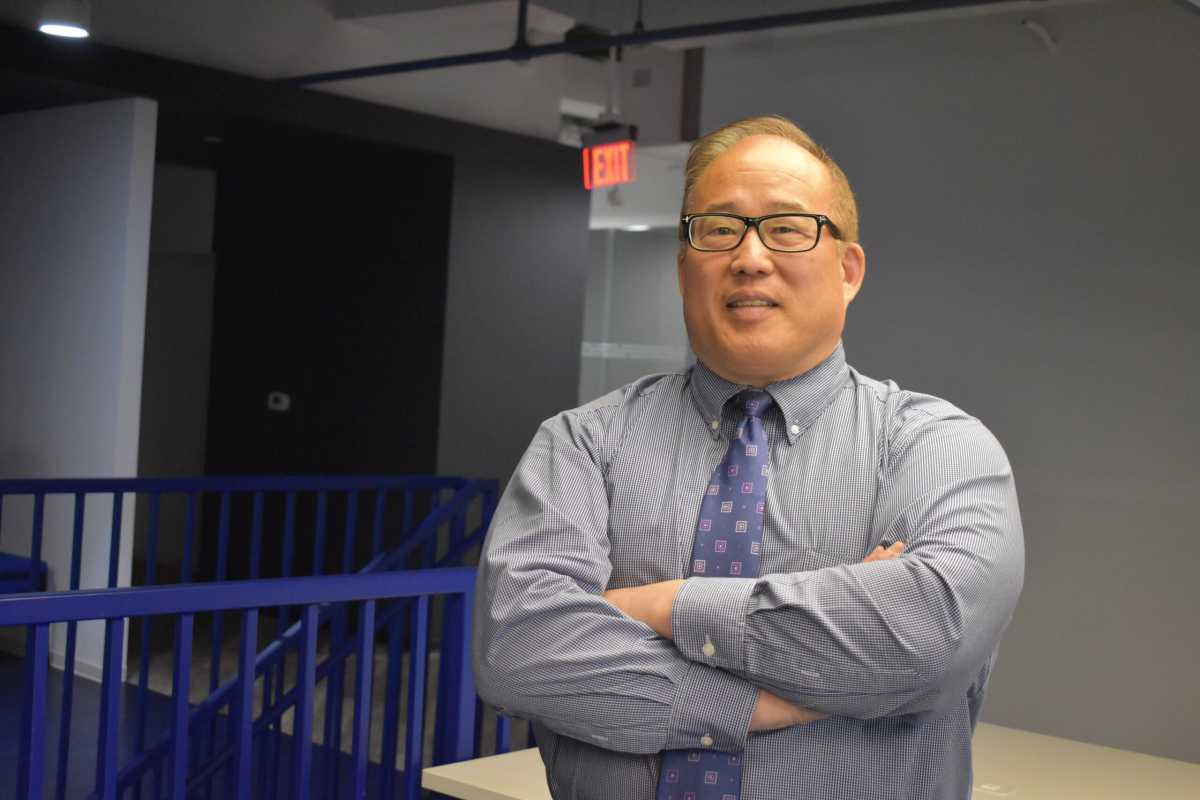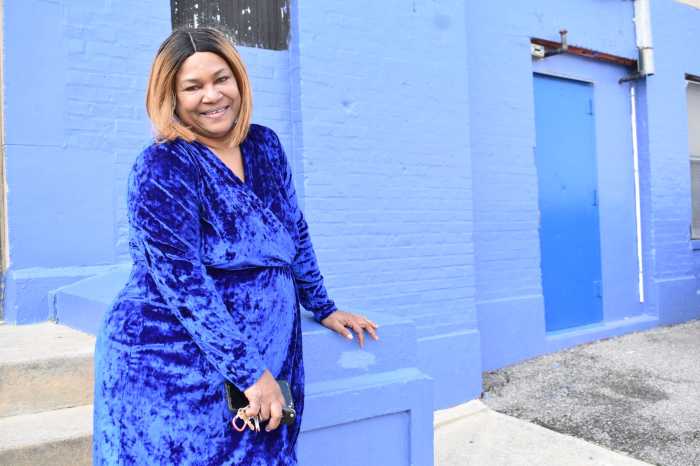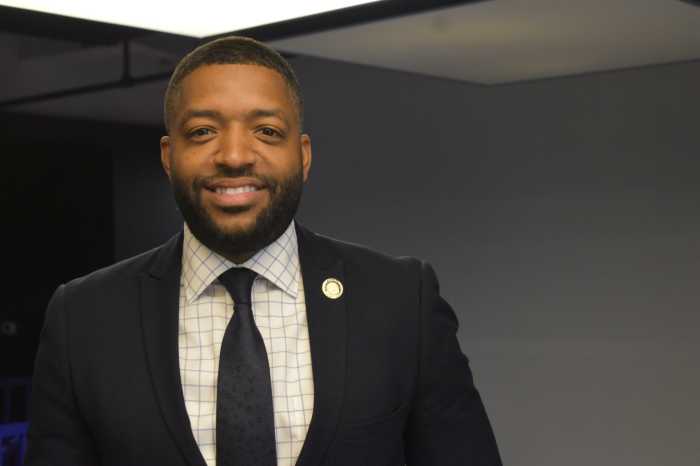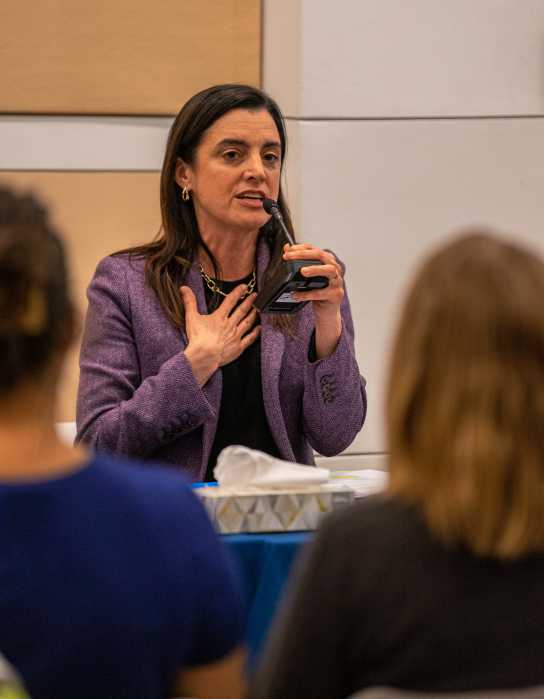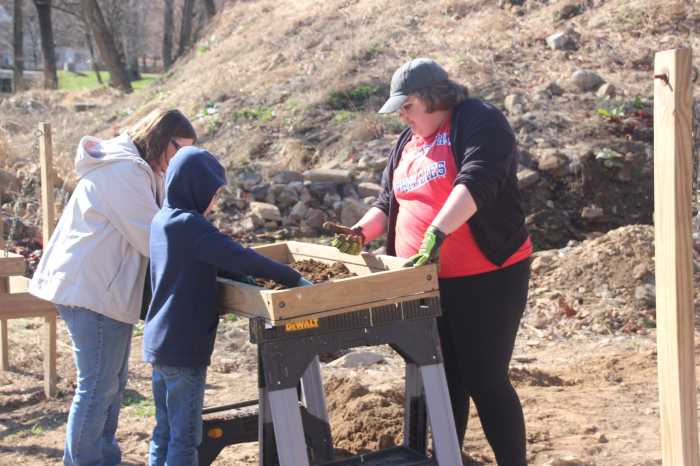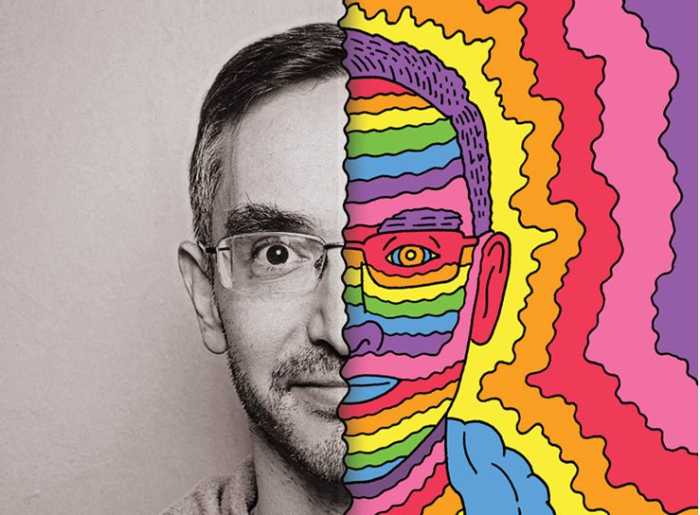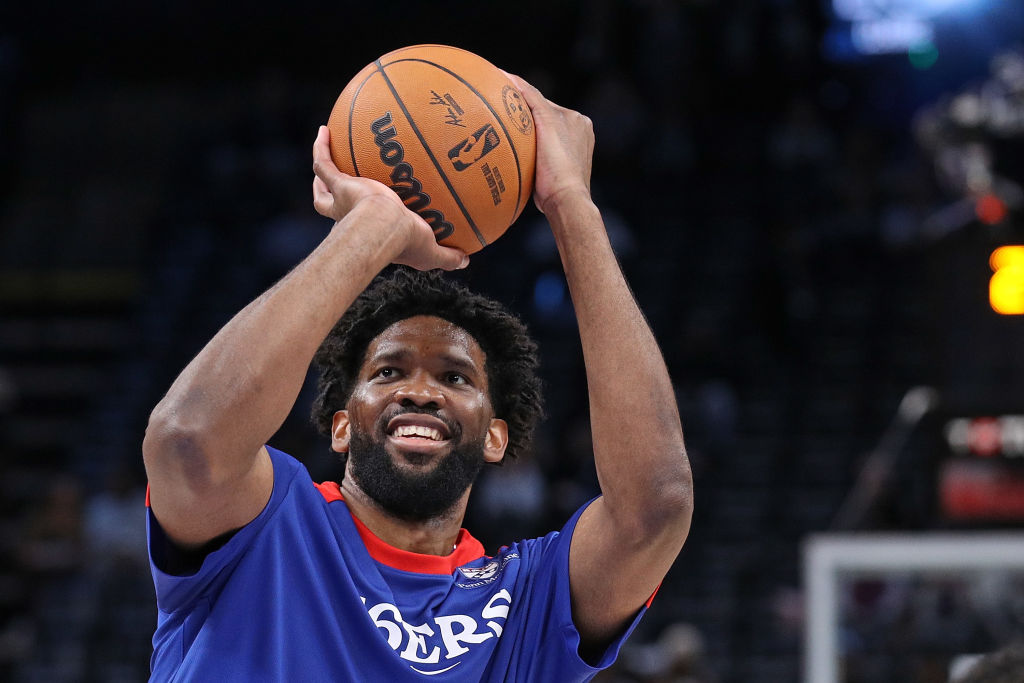Reflecting on his time in City Council, David Oh mentions insider deals, personal vendettas and the sway of special interests.
As one of the few Republicans in the chamber, many of his proposals failed, only for Democrats to repackage them later, he feels. Oh, who spent more than 10 years at City Hall, believes “one of the biggest villains in Philadelphia is city government itself.”
“Fundamentally, this city only pays attention to the influential,” Oh said during a nearly three-hour interview at Metro’s office. “A lot of what our government has become is not about the people first.”
Oh is the most well-known GOP mayoral candidate since at least 2003. He still faces near insurmountable odds in November’s general election to overcome Cherelle Parker, his former council colleague who emerged with an impressive victory in a crowded Democratic primary.
Parker, a former state representative, is deeply tied to the Democratic establishment; Oh, meanwhile, has often clashed with the city’s Republican leaders, including in the lead up to the primary, when he ran unopposed.
“I see her as willing to get along with the power structure,” Oh said. “What that says to me, however, is she’s not a reformer. And I think that would define her – not a reformer. I’m a reformer.”
“If I say I’m going to reform city government, people actually believe I will,” he added. “Because I have a history of not really caring about the consequences of what I do, politically speaking.”
Republicans are outnumbered more 7-to-1 in Philadelphia, but Oh doesn’t put much stake in voter registration data. Many sign up as Democrats to avoid retribution or to vote in primaries, he told Metro. He is counting on pulling 25% of the opposing party’s vote.
Oh, during his time on council, built a diverse base of supporters, particularly from the city’s smaller, under-represented immigrant communities. Groups of Uzbek, Turkish and Haitian Americans attended his campaign launch.
“By the time they’ve come to me, I understand that they’re only coming to me because they couldn’t get a ‘yes’ from anywhere else,” he said, referencing his status as a minority party at-large council member.
Aleida Garcia befriended Oh after founding the National Homicide Justice Alliance, an organization that advocates for the families of murder victims. Her son, Alejandro, was fatally shot eight years ago in Feltonville.
“Whenever I’ve asked to meet up with him, I don’t have to ask twice,” Garcia said. “Some politicians you have to kind of beg them.”
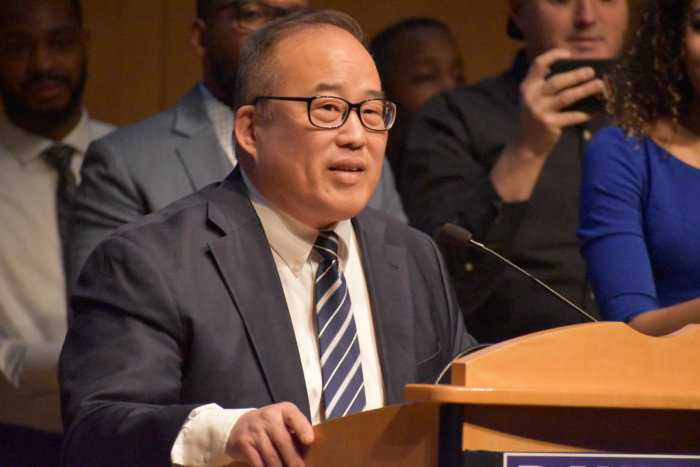
On public safety, Oh said that “all laws will be enforced” under his administration, and he indicated he could seek to withhold funding from District Attorney Larry Krasner’s office if he doesn’t agree with the progressive prosecutor’s charging decisions.
Though an independently-elected official, the district attorney’s budget is allocated through council and the mayor.
Parker, during her primary campaign, promoted the increased use of “constitutional” stop and frisk. Oh is not in favor of ramping up the controversial policing tactic.
“That’s unconstitutional, and you will be hung out to dry if you do that as a police officer,” he said. “But more importantly, you’re abusing the community and the community does not trust you.”
He also opposes sending social workers to respond to emergency calls about people with weapons, an idea that has been floated in City Hall, particularly following the 2020 police killing of Walter Wallace Jr.
“‘Oh, yeah. No police. We’ll send Sally, she’s got a master’s,’” Oh said. “Sally ain’t going. Did anybody think about Sally? You want to get on your bicycle (and) show up? No, they’re not doing it. I’m just saying it’s ridiculous bulls—.”
He plans to replace Police Commissioner Danielle Outlaw, saying she has lost the confidence of her officers and the public.
Oh supports a partially-elected Board of Education, with voters deciding on five of the nine members. Currently, all are nominated by the mayor and approved by council.
He lambasts the soda tax as a “completely unnecessary, regressive tax on the poor,” and, as mayor, he said he would push council to repeal the levy. The programs benefiting from the tax, including free pre-kindergarten slots and renovations to recreation centers and libraries, could be funded through other means, Oh said.
Philadelphia’s high wage and business taxes have long been viewed as detrimental to the city’s economy, and Oh supports continued reductions, but not at the expense of raising property tax rates.
Oh expressed deep concern that improperly high real estate assessments are pushing out lower-income Black and brown homeowners.
‘Stay where you are’
Growing up, there was a photograph of In Ho Oh hanging on the wall of Oh’s childhood home in Southwest Philadelphia.
In Ho, a cousin, had come from Korea to study at the University of Pennsylvania, and in 1958, prior to David’s birth, he was beaten to death while walking to mail a letter. The killing gained national attention, particularly after In Ho’s parents, motivated by their Christian faith, wrote a letter of forgiveness seeking leniency for the suspects.
“A lot of how I’ve turned down is a result of my upbringing, that consists of my parents and my community,” Oh said.
His father, the Rev. Ki Hang Oh, is credited with starting the first Korean American church in Philadelphia, and David graduated from Central High School, Dickinson College and Rutgers University Law School.
In 1988, he enlisted in the U.S. Army, after serving as assistant district attorney in the city for three years following law school. Oh said his unit was preparing to be deployed as part of Operation Desert Storm when the Gulf War ended.
“I always felt like a second-class citizen, so the military service would be important to claiming citizenship,” he told Metro. “And therefore my children would not have a need to feel like they have to serve in the military.”
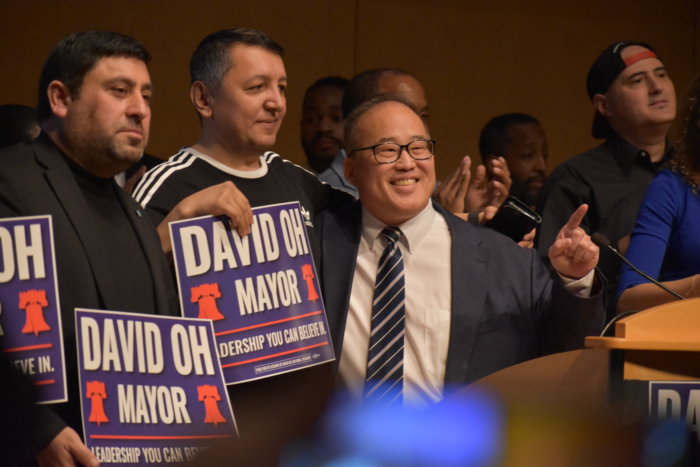
When he returned to Philadelphia, Oh focused his attention to his law practice and started doing pro-bono work in the Asian American community. He ran for council twice unsuccessfully – in 2003 and 2007 – before being elected in 2011.
He fostered relationships with a wide array of constituencies, including those involved in the music industry. Oh created PHL Live Center Stage Music, a multi-genre competition for artists in the city.
“It’s like one of the only opportunities independent artists from all over the cities can actually come out and meet some of the biggest names in the industry in Philadelphia,” said Rob Schwartz, who runs WHO?MAG, a local multimedia and music distribution company.
As an at-large council member, Oh could have lived anywhere in the city, but he has resided on the same Southwest Philadelphia block for 60 years. He stayed even after being stabbed outside his home during an attempted robbery in 2017.
My father “would always say, ‘If every good person left the neighborhood, we’d have no good people’ – not saying the people are bad,” Oh said. “Just saying like if everyone who could leave left, you would have the people who can’t leave. So rather than leaving to greener pastures, stay where you are, and make it a better place.”
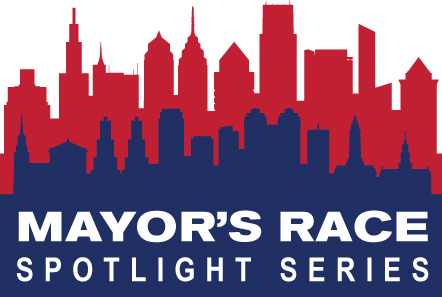
Republican David Oh will face Democrat Cherelle Parker in the November general election. Follow our Mayor’s Race Spotlight Series for an in-depth look at the candidates.



